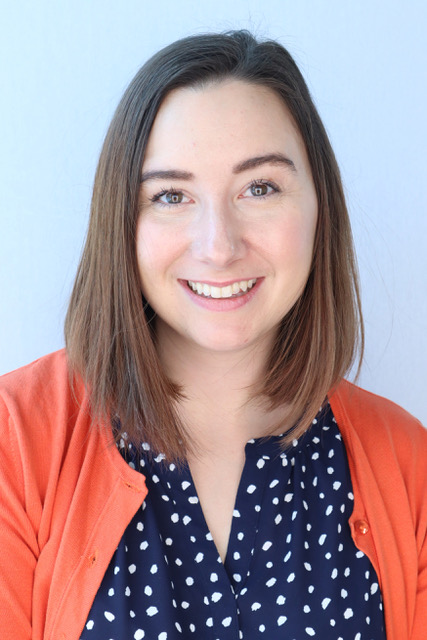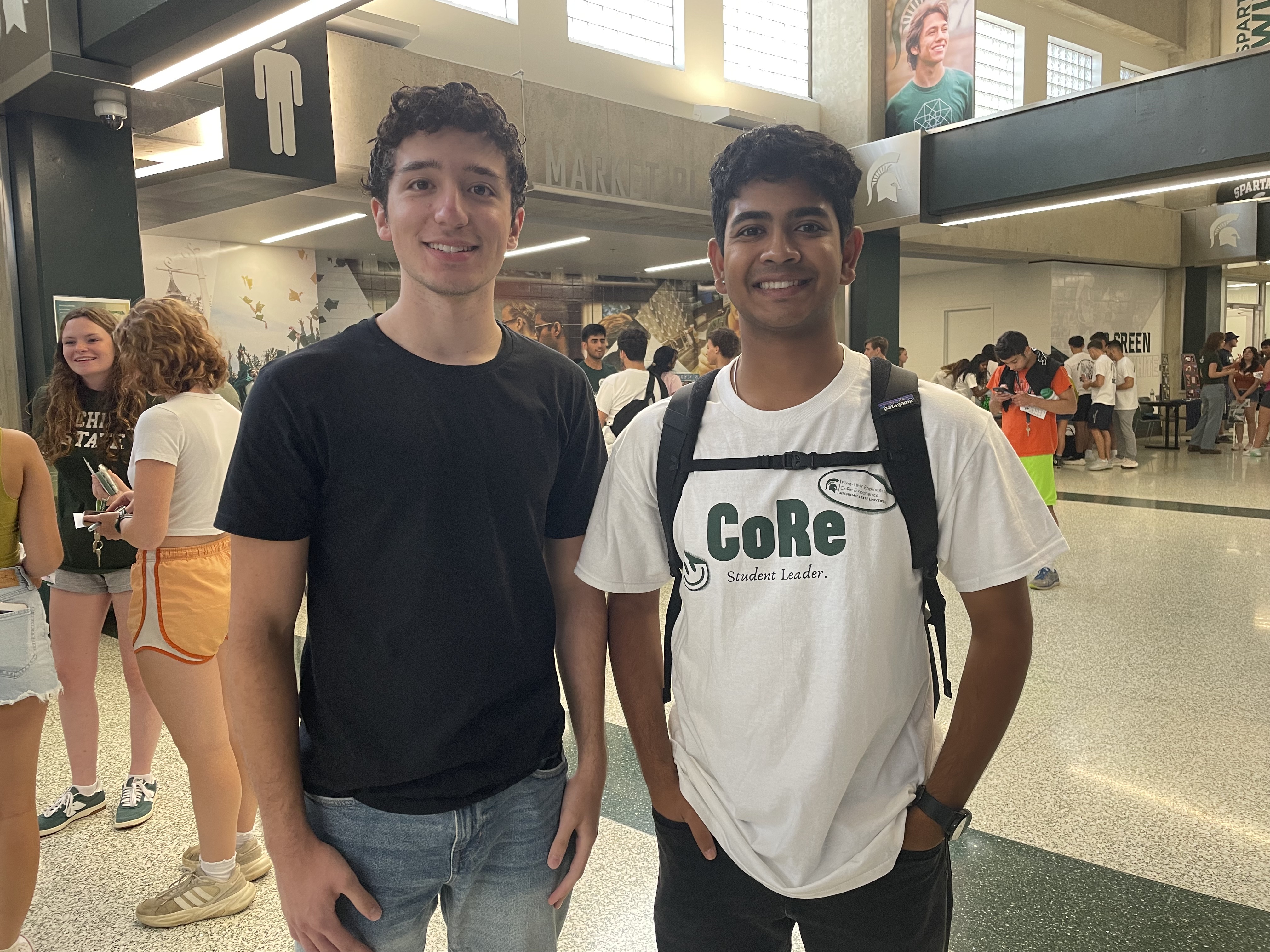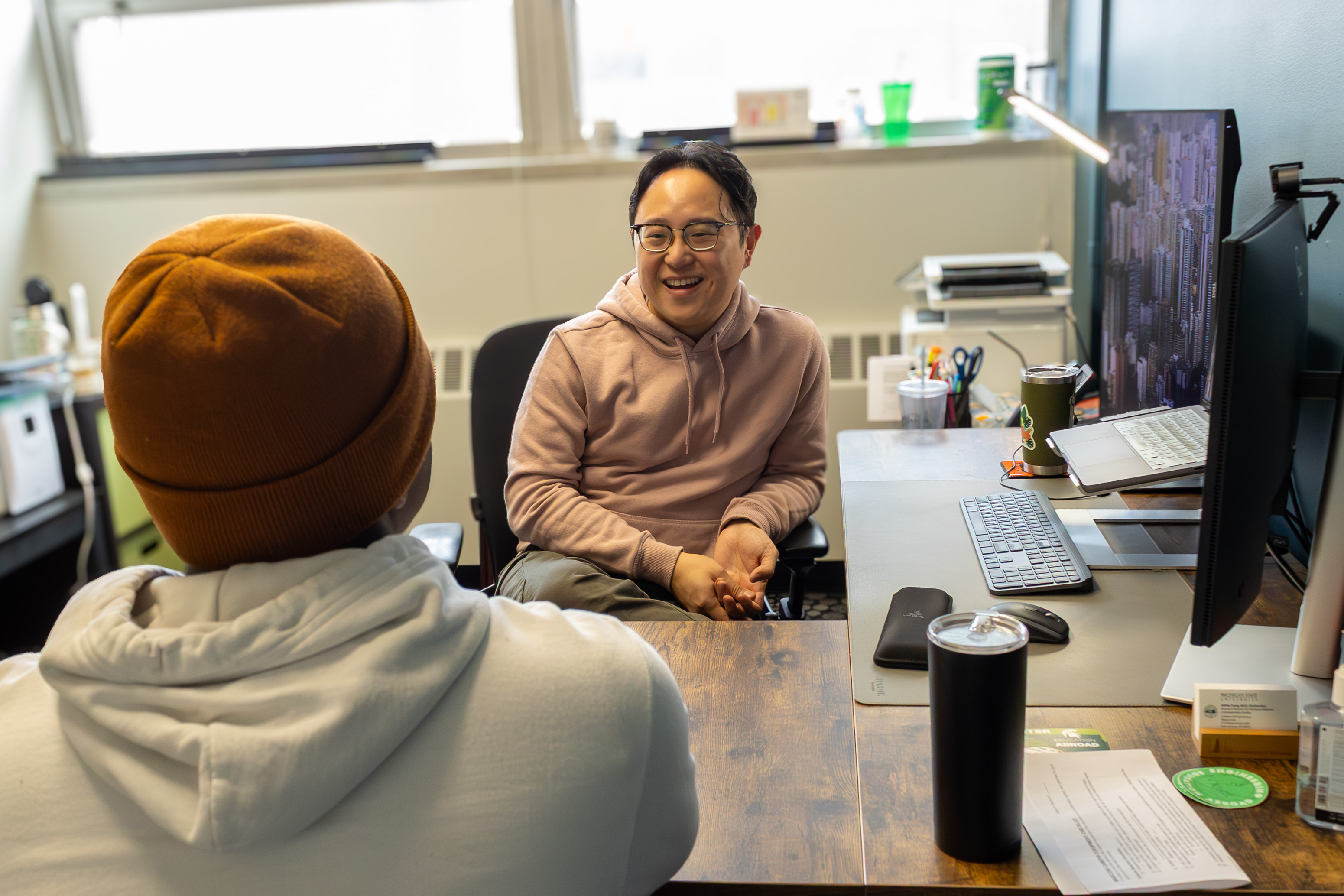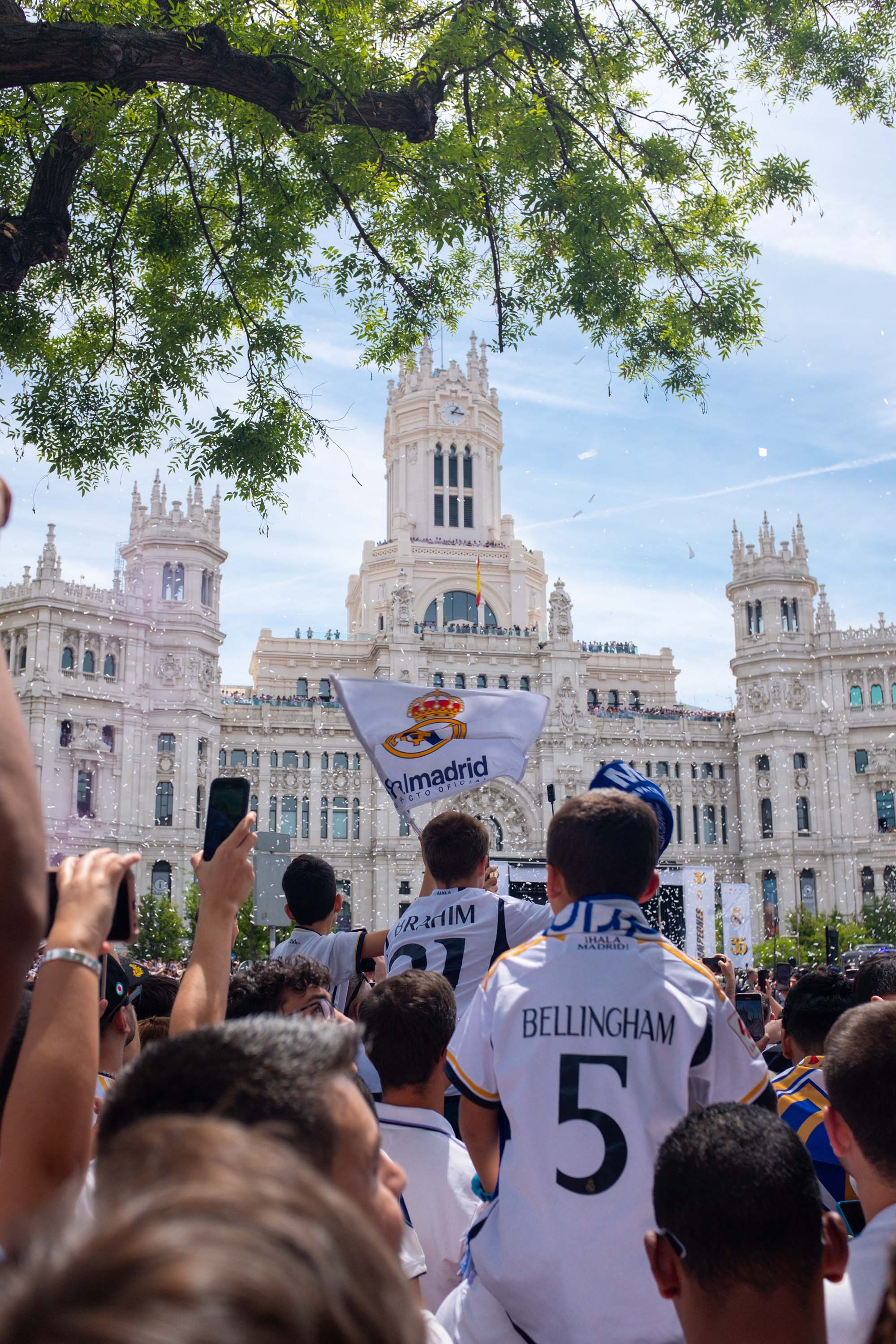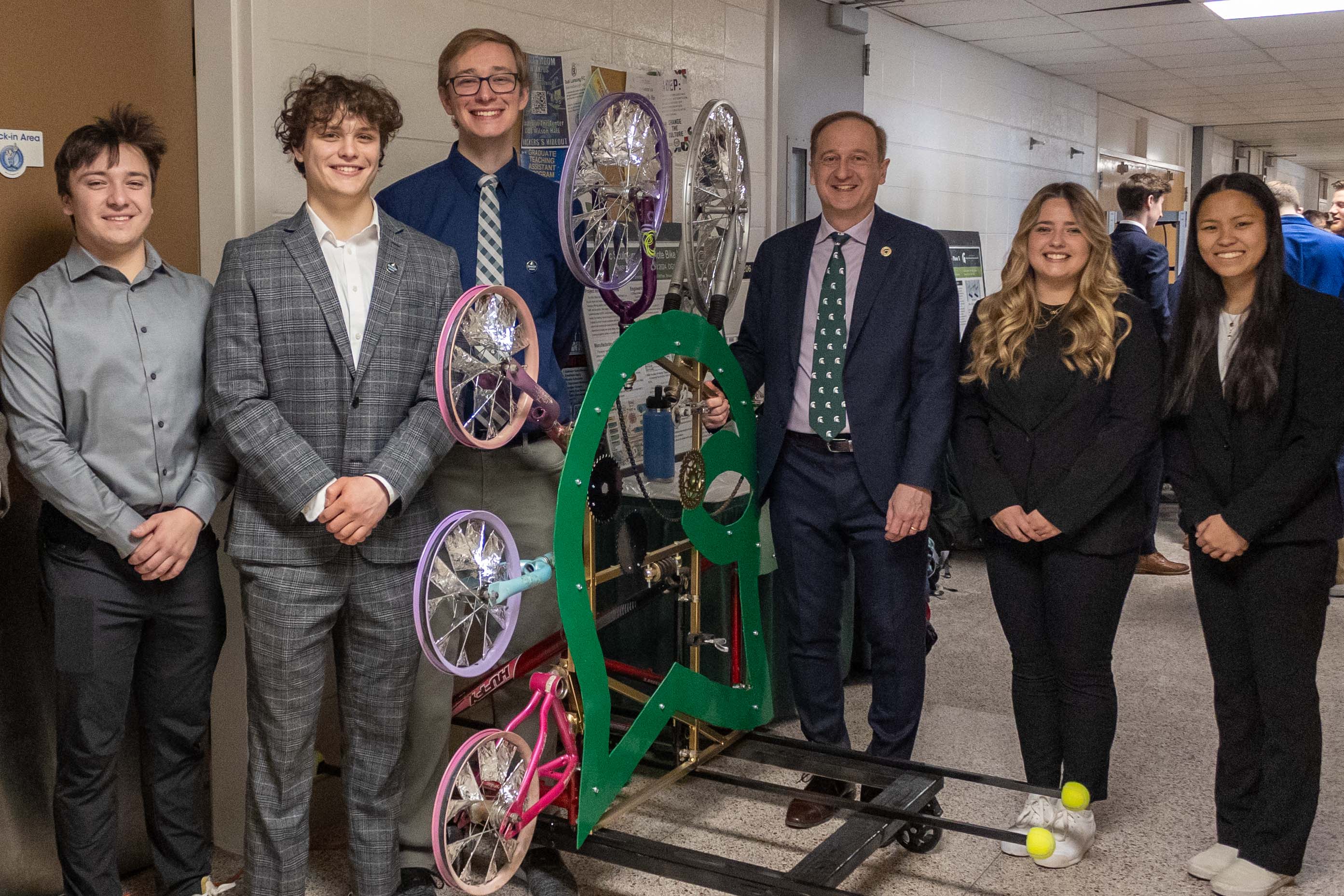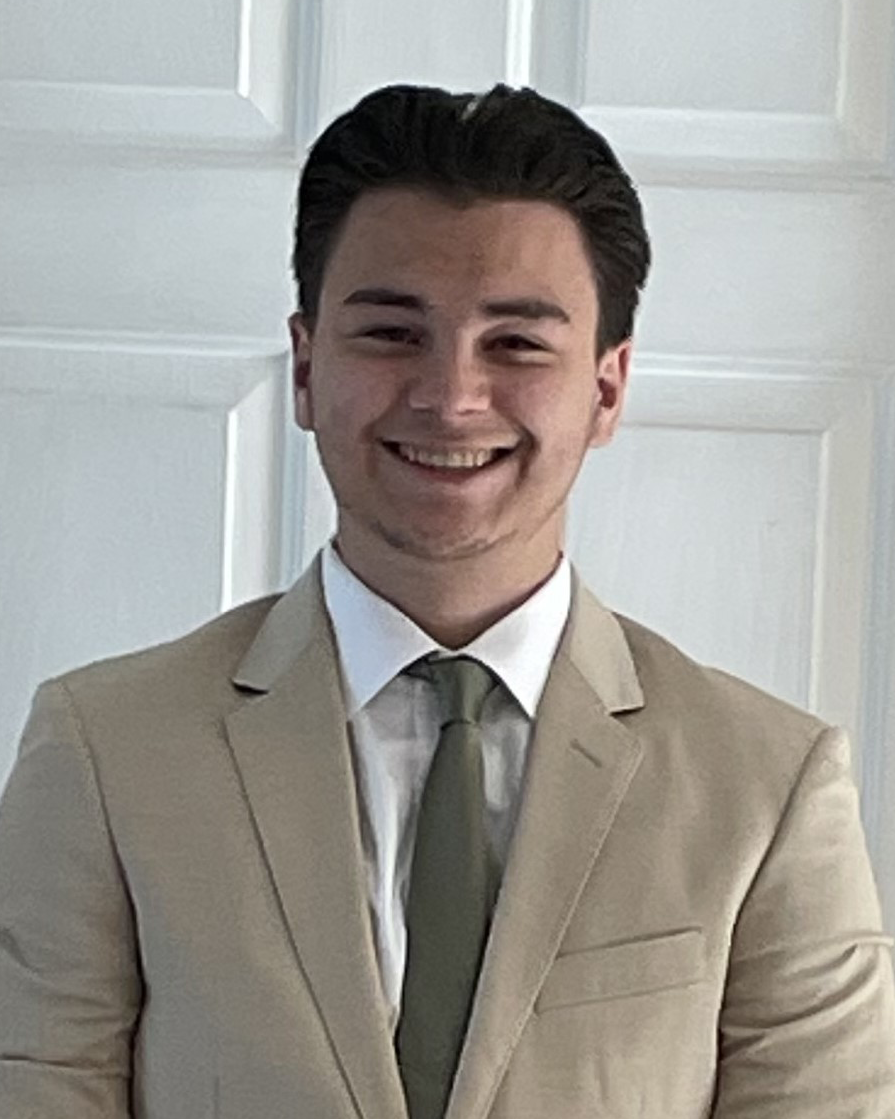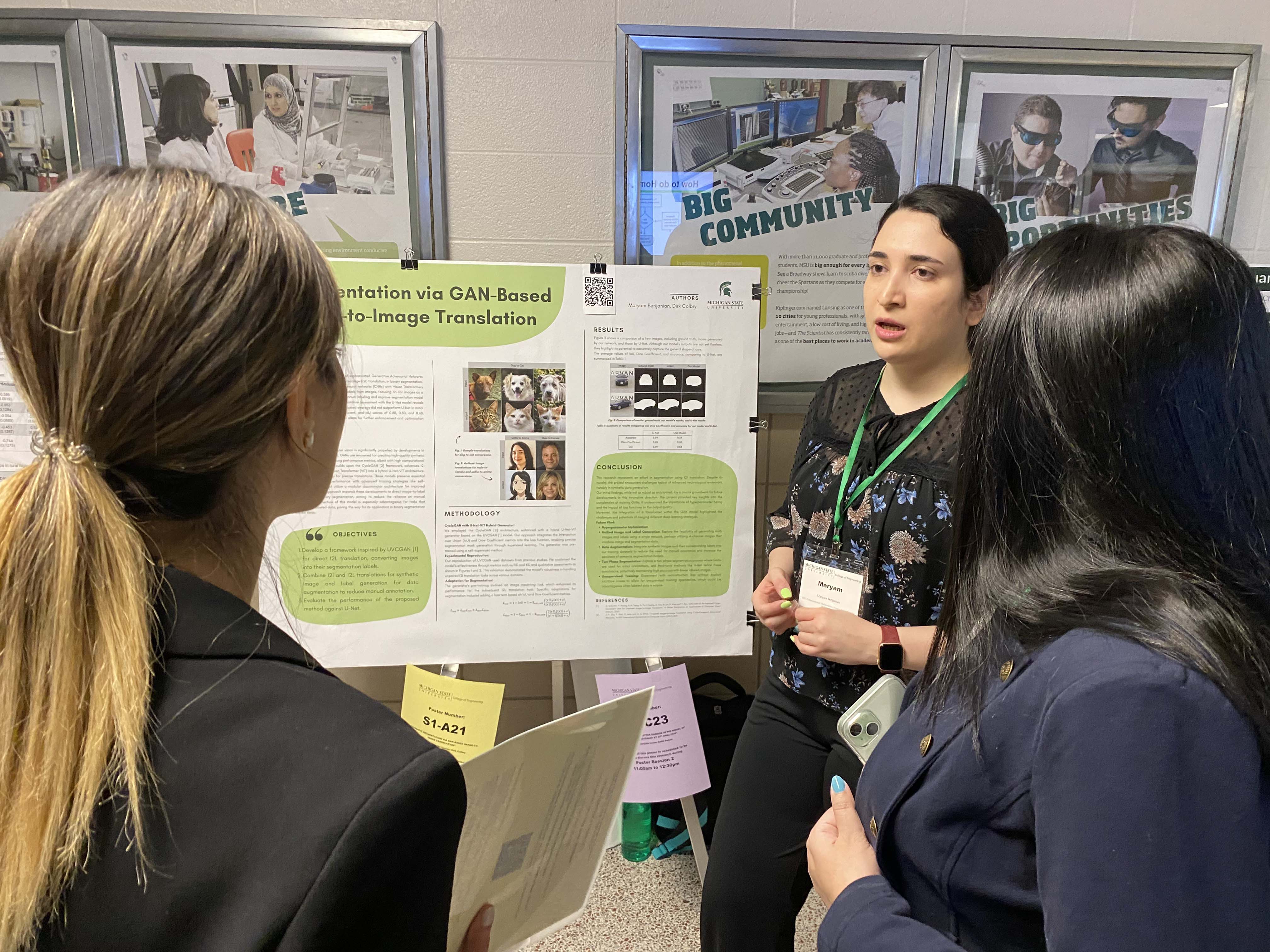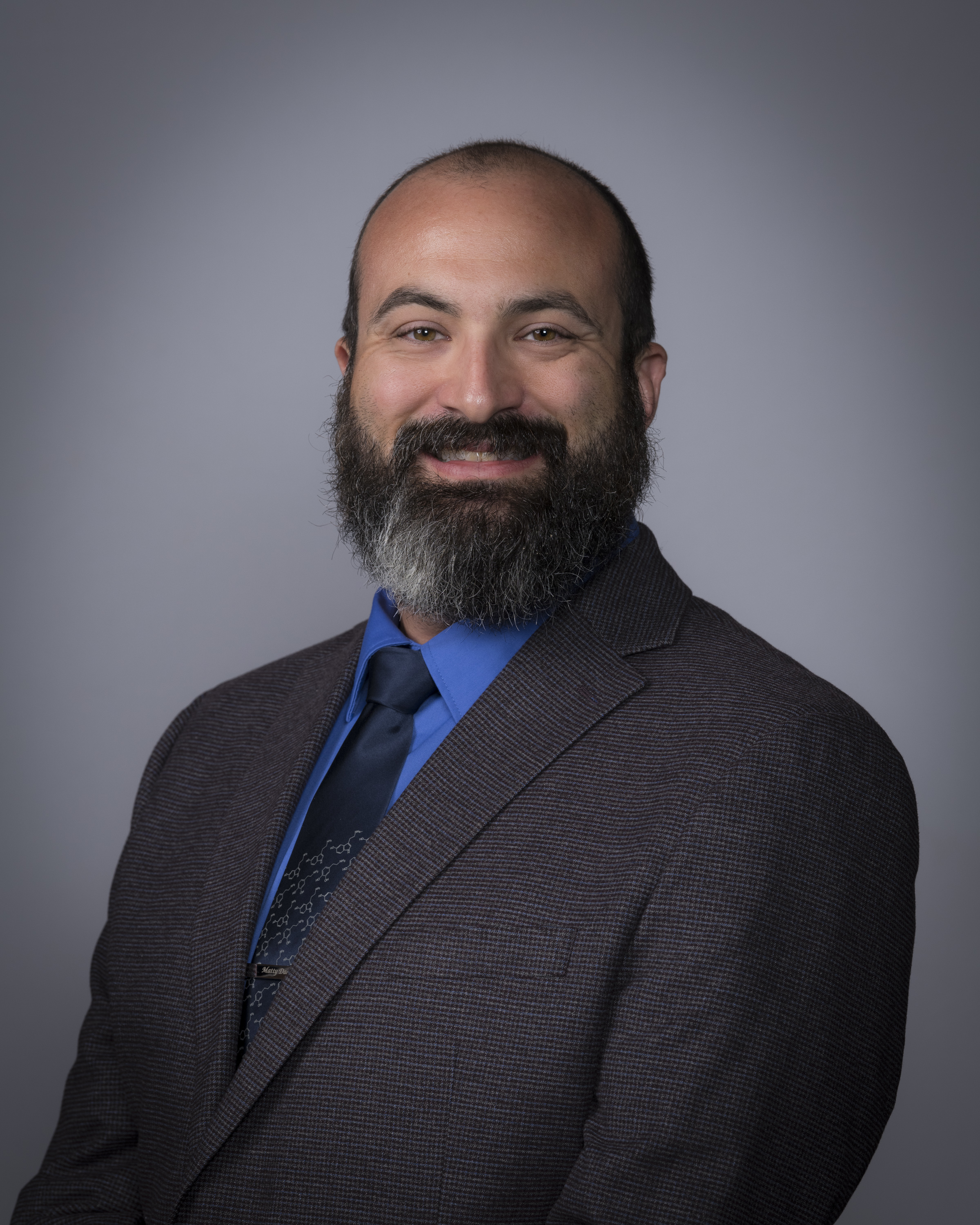Vanessa Decker always had a passion for food, so the 2012 chemical engineering alumna knew it had to be a part of her career. “I think that baking and chemistry kind of went hand in hand for me. So, as I explored different career paths, engineering just made sense.”
Now in her 13th year at General Mills, Decker, lead for the Digital Manufacturing and Transformation team, credits the Michigan State University College of Engineering for laying the foundation for her career success. “I was very active in student groups when I was in school. We had different companies come in to teach us things like networking and leadership. And so being able to gain that exposure and then continue to grow and develop as a leader in the student groups really helped set me up for my career.”
Decker and other enthusiastic alumni are helping the College of Engineering mentor the current generation of students by speaking to classes, sponsoring capstone projects, and engaging with students throughout their educational journey.
This extraordinary team effort is how the College of Engineering supports student success. Through a special blend of community building, experiential learning, and professional skill development, college-wide collaborations help to prepare top-tier, practice-ready engineers and computer scientists who tackle the toughest challenges of our time and contribute to the college’s reputation as a major engineering talent pipeline in Michigan and beyond.
“Our collective effort to develop students into the finest engineers and computer scientists is central to our mission,” said John Papapolymerou, interim dean of the College of Engineering. “We work to facilitate both academic and career success while building a community that serves students long past graduation.”
A place to belong
Belonging is central to the Spartan Engineering experience, so the college prioritizes building a sense of community early.
The Cornerstone and Residential Experience offers the option of designated housing for both first-year and second-year engineering students within the Engineering Living-Learning Community in South Neighborhood. CoRe is designed to provide early engineering students with an understanding of the critical role engineers play in our society and offers unmatched learning opportunities within a supportive community that encourages academic, professional, and personal success.
The academic portion of the experience is the Cornerstone Engineering Program. It consists of two courses that introduce students to the team design process and analytical tools used in the engineering profession.
First-year computer engineering major Marcelo Arronilas Fernandes Filho said he felt both encouraged and inspired by the CoRe experience. “The college really helps you out, so I haven’t been stressed out or anything. Overall campus life is pretty great,” he said.
CoRe also provides a network of people dedicated to student success, including tutors and peer mentors working in collaboration with college faculty and staff. This dedicated team helps students build a solid foundation of life-enriching connections with fellow students, faculty members, advisors and industry representatives through social programs and activities.
Pranav Deshmukh, a third-year computer engineering major and CoRe peer mentor, said, “My entire job is to help freshmen make the transition from high school to college and become more acclimated to the atmosphere here at Michigan State University.”
The CoRe Experience benefits from a strong connection to industry, giving students insight into engineering in the “real world.” Panel discussions, like one this past February, brought alumni from various industries to campus to share career advice and answer students’ questions. Decker said, “It was incredibly rewarding to connect with these bright, ambitious students. A truly positive and inspiring event!”
Professional advising
Another essential resource offered to all students is a dedicated team of academic advising professionals who have advanced degrees in counseling, education, university administration, and related fields. The engineering journey can be a challenging one, and the college advising team goes the extra mile to help students achieve their goals.
Advisors help current students explore engineering majors and career options and direct them to important student success resources for assistance with everything from basic needs to test-taking, study skills, education abroad opportunities, and career planning. Additionally, advisors work with faculty in the College of Engineering and complementary programs in other colleges to help students secure needed courses and stay on track for graduation.
“In addition to academic support, our advisors help students reach their educational and professional goals by providing critical information needed to make wise educational and personal decisions,” said Amanda Idema, assistant dean for undergraduate student affairs. “Our advisors are compassionate professionals who mentor students through challenging times and relish watching students go beyond what they ever thought they could do. It is an incredibly rewarding experience.”
Spreading their wings
MSU is ranked among the best universities in the country for Education Abroad, and the College of Engineering bolsters that effort by offering faculty-led experiences, university-based programs, and provider-based packages specifically designed for engineering majors.
Third-year computer science major Ryan Shaw spent a semester at the Study Abroad Program for International Engineering Students at Universidad Pontifica Comillas in Madrid, Spain.
“This was the perfect opportunity to go overseas and continue my studies at the same time. MSU already had many pre-approved courses, so the class selection was easy.”In addition to his studies, Shaw made the most of his time in Spain by traveling in the region. “Basically, every weekend that wasn’t followed by an exam, I was in a different country. I believe I went to about 15 countries during the semester.”
Shaw said that the experience helped him grow in some unexpected ways. “Career-wise, I am planning on looking for work overseas now instead of looking solely in the States. I feel like I broke out of my shy, quiet shell and made many international connections. Also, I came back much more adventurous and ready to try anything.”
“We want students to know there are opportunities for them to study abroad,” said Jeffrey Tsang, assistant director for advising initiatives. “There are semester-long programs that students can take, as well as summer programs that students can go on, that allow them to stay on track or get ahead in their courses.”
Experiences are available throughout the world, including programs in Europe, Asia, Central and South America. The Engineering First-Year Experience Abroad, in partnership with CEA CAPA Study Abroad, is the newest program offering students the chance to begin their MSU experience in Spain instead of Michigan.
Practice, practice and more practice
From student clubs and service organizations to competition teams, more than 40 engineering student groups provide a platform for developing and practicing skills in collaboration, problem solving, and leadership.
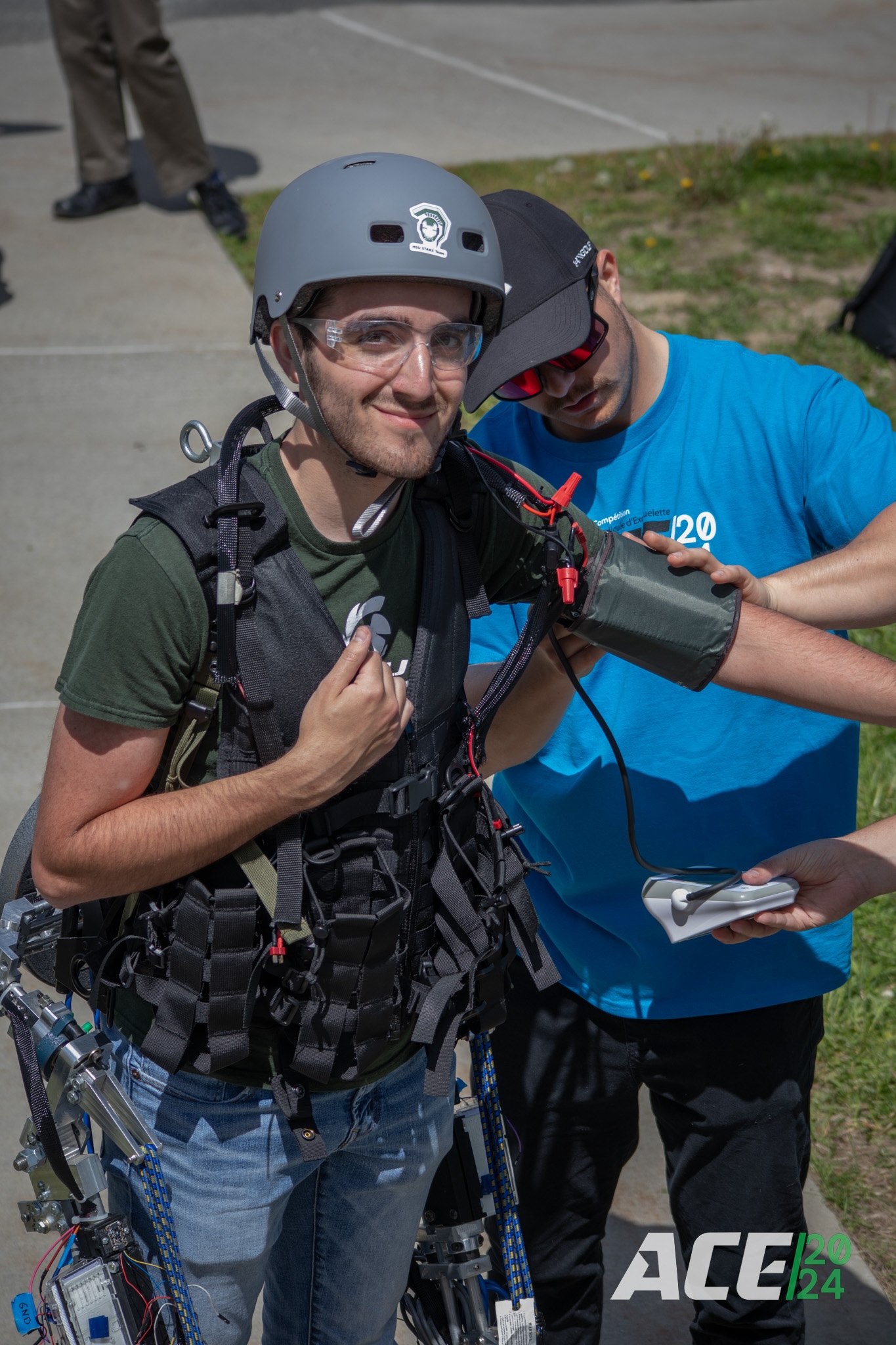
Ben Crimmins, StarX president and fourth-year computer science major, describes the 30-plus member team as a group that does it all. “We design, fabricate, test, and compete with robotic exoskeleton suits,” Crimmins said.
The group is based at the William A. Demmer Engineering Center, which is shared with the Formula Racing, Solar Racing, Baja Racing and Rocketry teams. Crimmins explained, “We have a lot of room to work, and the machines we need to fabricate the suit are right there. We also have a lot of help, with the other teams being right next to us.”
This collaborative atmosphere gives team members the opportunity to practice engineering skills and learn from each other. As Crimmins put it, “Having the other teams right there, and seeing them often, definitely helps us stay motivated.”
For teams like StarX, national competition events offer members a goal to work toward, networking opportunities with other schools, and the chance to represent what Spartan engineering has to offer.
Professional skill development
Since the first event in 1994, Design Day has grown into the premier undergraduate academic event held at the end of fall and spring semesters. A 15-week capstone course is required for graduation, and Design Day projects provide a platform for students to apply the knowledge and experiences gained throughout their engineering education.
Executive Director of Design Day and Professor of Computer Science and Engineering Wayne Dyksen said, “You can walk down the halls of the Engineering Building and see how ready our students are to enter the engineering profession.”
Hundreds of capstone teams made up of seniors across the college’s academic programs participate in the event, which includes competitions and project presentations from a variety of engineering classes. Working in teams, seniors put their best efforts into solving real-world problem, for big and small companies. The event culminates in an awards ceremony recognizing teams with top honors.
Elias Asmar, fourth-year computer science major and member of Team Stryker IST, said working on the project has given him a feel for a full-time engineering career.
“I've enjoyed the grind, so I think it's been a great experience. And I mean, we're all going to be part of the workforce in the next couple of months, so that's big for preparing you for the real world.”
Preparing for what’s next
To help students explore options for life after graduation, the college provides a full set of wraparound support services to ensure students have access to the best options and advice available.
The Center for Spartan Engineering (The Center), works with students to secure internships, cooperative education, research experiences, and job placement. Center staff members also focus on offering career planning services, job search events, connections with alumni working in industry, and professional development opportunities.
Mason Razz, a 2024 chemical engineering alumnus, is a refining engineer for Marathon Petroleum. He said his journey to that profession started at The Center, “I would not be where I'm at today without going to the career fairs, because that's how I got my co-op and how I got my job.”
Razz, who had a co-op at Marathon in 2023, explained that his experience helped shape the engineer he is today. “I was taking on projects that were value added for the team. It gave me an understanding of what I would be walking into as a full-time career, and it helped put my foot in the door and build those relationships with people at the Detroit site, which was very, very helpful when I came back full-time last summer.”
Director of Employer Relations Garth Motschenbacher says, “The more ability and practice they have to combine their classroom experience with their internships, co-ops, or career-related work, the faster they'll learn and grow.”
Graduate student experience
Graduate students have opportunities to collaborate with faculty and researchers across campus and beyond to take on societal challenges in areas such as sustainability, security, materials, health, and energy.
The College of Engineering Graduate Research Symposium is the premier academic event for graduate students across the college’s eight academic departments. Participants ranging from first-year graduate students to those nearing completion of their doctoral program, gain valuable experience discussing research with symposium faculty, staff, students, and industry partners. The 2025 event will include 100 research poster presentations, awards for outstanding doctoral research, and the Engineering Three Minute Thesis, or 3MT®, finals.
Maryam Berijanian, a Ph.D. student in computational mathematics, science, and engineering, or CMSE, said her experience at the 2024 symposium was enlightening. “Since a poster presentation should only take 3-4 minutes, it was good practice to be able to do an "elevator pitch" and communicate my research in a compressed form.”
Berijanian also explained that the networking she did opened her eyes to the possibilities for collaboration across the college. “I realized a lot of people, more than what I expected, had research topics related to mine.”
Berijanian is looking forward to participating as a judge at the 2025 competition, where the highest-scoring presentations are recognized with top awards.
“The goal is to showcase research conducted by graduate students across the college and provide connections for faculty, staff, industry partners, and graduate students,” said event organizer Sandra Christlieb. “This event creates opportunities to learn, engage and collaborate.”
Full circle
Alumni Elizabeth Davidson, a product development engineer at Ford Motor Company, and Matthew Jacobs, a chemical engineer at Hemlock Semiconductor, joined Decker and Razz during a recent return to campus for a panel discussion on careers in engineering for the EGR 100 class.
Davidson, a 2017 mechanical engineering major, says her interests in building things and the auto industry really came together here at MSU. “Going through the career fairs and working with people in The Center and learning about the other opportunities. That's really where I started to figure out what that path would look like.”
According to Davidson, teamwork was the most valuable part of her MSU experience. “It was just a different vibe than a lot of engineering schools. Those collaborative problem-solving skills that I gained here have been huge for translating into the professional world.”
Jacobs, a 2007 chemical engineering major, has been impressed at how the Spartan engineering community extends well beyond campus. “I run into alumni quite often, and it's funny how small of a world it is.”
Jacobs added that the support from the college’s faculty, staff, and alumni was a motivating factor on his journey. “I think the best advice I have for students is to just participate in all these organizations, opportunities, and networking. There are so many different ways to take an engineering career, so being able to narrow in on what I wanted before graduation helped get me to where I am today.”
For 2024 graduates who responded to the college destination survey, 91.5% were headed to jobs in industry or to advanced degree programs. For those headed to employment, their average starting salary was $78,392, with 59%landing jobs in Michigan and 74% in the Midwest.
“Our community-driven approach nurtures students by providing comprehensive support for academic, professional and personal success,” Papapolymerou said. “We take great pride in Spartan engineers contributing to a strong talent pipeline and economy in Michigan and beyond.”
